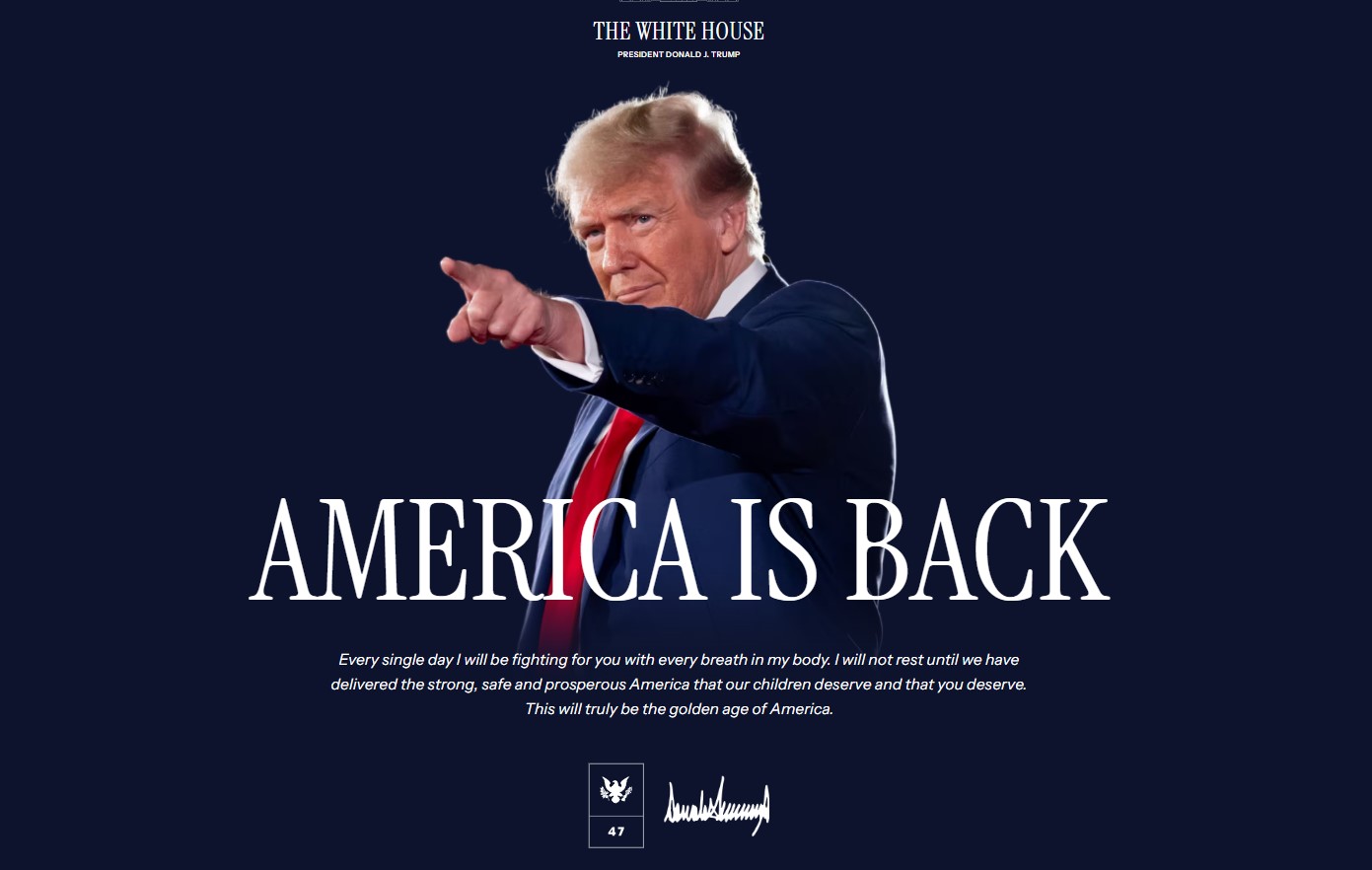A new report from S&P Global Market Intelligence reveals how alternative data and AI can be used to assess the effects of U.S. tariffs on businesses. The report, ‘Three Tools for Trump Tariffs 2.0,’ provides insights into how tariffs impact companies at both the product and company levels.
The analysis highlights that companies with substantial international operations and high U.S. sales are particularly vulnerable. From 2017 to 2019, equity investors in these firms saw stock prices lag behind peers by 3.9%. On the other hand, companies with a higher U.S. workforce but lower U.S. revenue enjoyed an 11% equity premium over competitors.
Using Advanced AI and alternative data, including social media job profiles, business relationship algorithms, and natural language processing from the recently acquired ProntoNLP, the report allows businesses to track the real-time impact of tariffs.
The report shows that tariff–targeted firms altered their supply chain strategies by 17% from 2017 to 2019, with certain industries, like Autombiles & Components, seeing up to 37% shifts. Additionally, executives have increasingly emphasized supplier diversification in response to tariffs, with 57% of earrings call reponsesn in Q3 2024 focusing on this strategy.
As tariff discussions surge, companies can use these tools to better anticipate future impacts on their operations.



